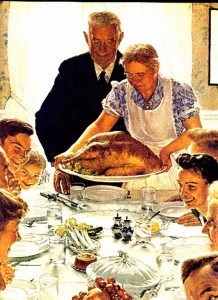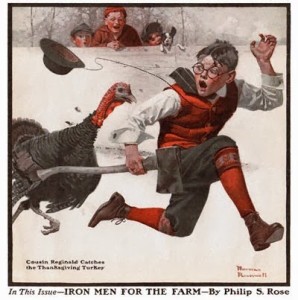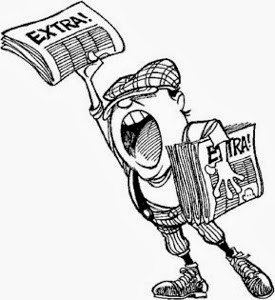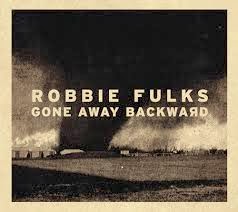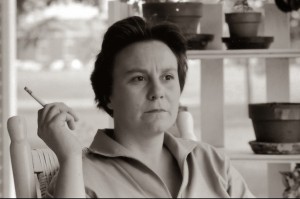We have another first page anonymous submission from an intrepid author. My comments on the flip side.
Brueghel The Elder
My name is Lucas. Lucas M Steiner. My friends of course never pass up the opportunity to use it. “LUKE, I’M YOOR FAHTHER.” I cannot describe in words how much I have come to loathe that line. Don’t misunderstand. I thought the movie was great—just like everybody else. But after you’ve heard the same joke a thousand times the charm wears thin. And invariably they say it as if they were the first person to have thought of it. The last impresario of impish wit went so far as to put his head inside of a metal trashcan to get that much-coveted “voice of god” effect. He then walked smack into the edge of a swinging kitchen door and landed square on his ass. He leaned back against the wall and remained there the rest of the evening. I don’t go to parties so much anymore. Suffice it to say, the Force has not been with me.
At one time in my life I thought things would be different. At one time I thought I would be tenured, published, renowned, and happily on my way to a well endowed retirement by now. Instead I am here telling you this story. Things didn’t work out as I had planned. Who knew?
I wanted to teach. Specifically, I wanted to teach art. During my post-graduate years at the school—you’ve heard of it but it doesn’t matter as they are all somewhat similar—I had the opportunity to teach an art history class. Several, in fact. I loved art. I loved the making of it.
I loved the history of it. And I loved teaching it and if I was good enough and lucky enough I may have imparted a little of that love to some of those previously unimpressed minds full of mush.
My schedule was pretty agreeable. It consisted of an hour and a half lecture twice a week and office hours on class days. I taught a survey course—sort of a “greatest hits” list of the marquee masters. The remainder of my time was spent on research.
My thoughts:
I love the intimacy of first person point of view. I became more aware of the effectiveness of this kind of narrative after getting hooked on Young Adult books, but recently I’ve seen more suspense authors (for adult crime fiction) doing this with success, so much so that I’m trying it myself with my latest project. It is very tempting to follow the stream of consciousness of a strong character to hear their story in your head, but an author should still be aware of what will entice a reader to stay tuned and keep turning pages.
Advantages of First POV:
1.) First person is easier to write (if you get the whole stream of consciousness thing going where you don’t filter yourself much) and it can help you flesh out the character – a good exercise even if you write in third POV.
2.) There is an immediate connection and intimacy to a first person POV voice. It is a blast to write. Even if you are writing in third and come across a bad writing day where nothing works, try writing your character’s diary and see what I mean. It can jumpstart your creativity.
3.) Writing in first person creates a clear perspective and a more linear plot involving the same character in every scene, but you better love that character—and make the reader love him/her too.
Challenges of First POV:
1.) If you choose to stay in first POV only, you must stick in the head of the character and plot the book from only things they can see. By doing this, you may give up some ability to manipulate your plot for mystery elements through secondary characters or foreshadow the workings of a villainous mind. Your character can only know what they have seen through your plot. This can be a limitation. I mix first with third POV to keep all my flexibility and tag the start of every scene where the main character is in first person so the reader can easily follow, but this method may not suit every author.
2.) The gender of the character can be a challenge if you do not identify your character, as the author did here with a name. He/she pronouns aren’t used, so you should find a way to indicate early on which gender is speaking before the reader gets too far along with an idea.
3.) The biggest challenge is not slipping into the “tell” mode, rather than the “show” mode in a first person narrative. This submission falls in that category where the lure of the narrator appeals for a while, but when nothing really happens in the critical first paragraphs, the reader’s mind may stray. Give the character something to do that will showcase his nature and attitude so the reader sees why he is a star in your story.
4.) Setting the scene can be a challenge in the first person. You have to “see” the surroundings and convey them through your character’s eyes, using the same attitude and flavor of their voice, without being obvious that you are “setting the stage” with an inventory or checklist.
Comments on the Submission:
1.) I tend to like a more distinctive first line to start a story, something more memorable, or something that might foreshadow what’s to come, or say something more about Luke than his first name.
2.) I was lured into the story for the first paragraph, but the weight of that paragraph (with nothing going on except one incident at a party and a Star Wars schtick on the perils of being called Luke) had my mind starting to drift toward the end. The last few lines of that paragraph were the first indicator that he was at a particular party and justify why he doesn’t go to parties anymore. It might be more interesting to me if Luke shared the reason he wasn’t a party animal, and how that might relate to the rest of the story as to why his life didn’t work out, but that could just be me.
3.) This intro quickly turned into back story dump. The author should focus on creating a “Defining Scene” for Luke by showing us who he is, similar to Johnny Depp in his Pirates movies. In that first scene, Depp does something that will be memorable while also revealing something of his nature. In one nutshell, a moviegoer will know who Capt Jack Sparrow is.
4.) In writing first POV, an author can get so invested in their character, that they can’t edit out what need to go to keep the pace moving. Therefore the actions of the character must dictate what’s important, with a peppering of the character’s thoughts added for seasoning/spice.
5.) The title needs work, but perhaps this is only a working title. Without knowing what the story is about, the significance of the title doesn’t stick with me.
What do you think, TKZers? Our daring author could use good feedback to help improve the intro.


